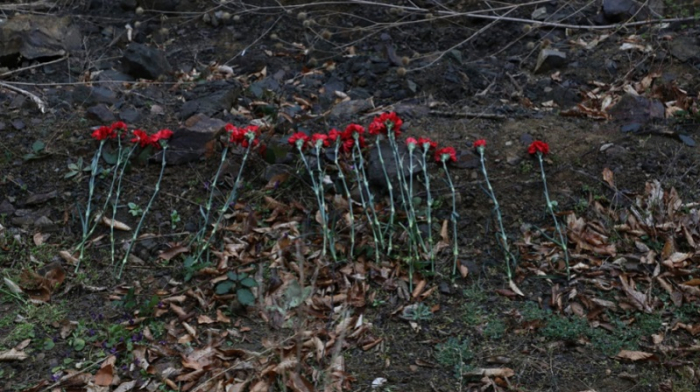On the fateful night of April 7-8, 1992, Aghdaban, with its 130 homes, became a scene of devastation as it was ruthlessly set ablaze by Armenian perpetrators, erasing its existence from the map. The brutality extended beyond mere destruction; 779 innocent civilians endured barbaric acts of torture, resulting in the loss of 32 lives. Among the victims were eight elderly individuals aged 90-100 years, two young children, and seven women who were cruelly burned alive, AzVision.az reports.
In addition to the heinous violence inflicted upon its residents, Aghdaban fell victim to a targeted campaign of cultural destruction. Priceless manuscripts belonging to revered Azerbaijani poets, including Gurban Aghdabanly and Dede Shemshir, were deliberately obliterated—a stark testament to the wanton vandalism perpetrated by the Armenian forces.
National leader Heydar Aliyev, recognizing the gravity of the atrocity, was among the first to condemn the Aghdaban genocide, unequivocally denouncing it as one of the gravest crimes against humanity. He underscored the importance of holding accountable those responsible for such egregious acts and emphasized that the memory of Aghdaban serves as a poignant reminder of the horrors of war and the imperative of preserving peace.
As Azerbaijan commemorates this solemn anniversary, the nation honors the memory of the victims of the Aghdaban genocide and reaffirms its commitment to seeking justice for the atrocities committed against its people. The international community is urged to recognize and condemn such acts of violence and to work tirelessly toward preventing similar tragedies in the future.
Though time may pass, the scars of Aghdaban remain, serving as a solemn reminder of the human cost of conflict and the enduring pursuit of justice and peace.
AzVision.az
More about:
















































